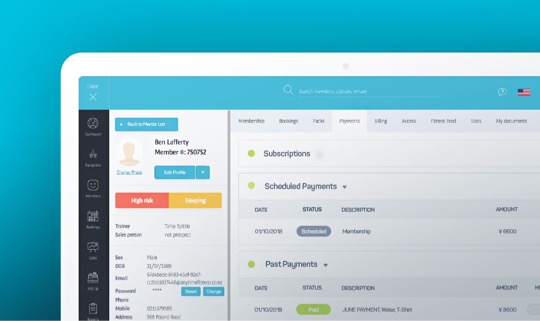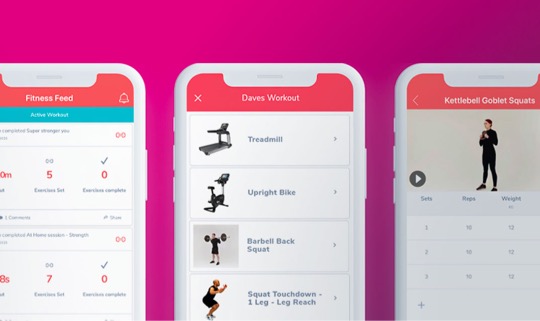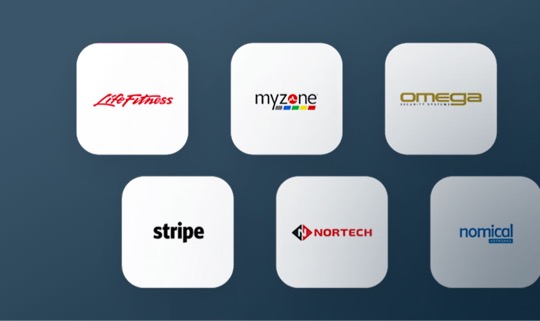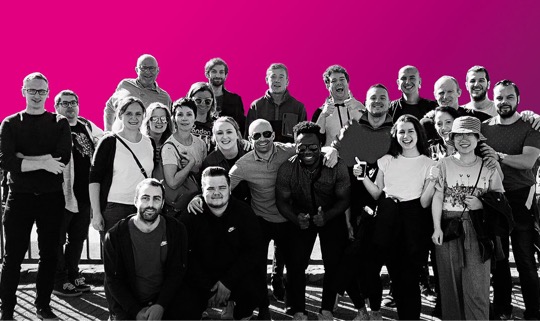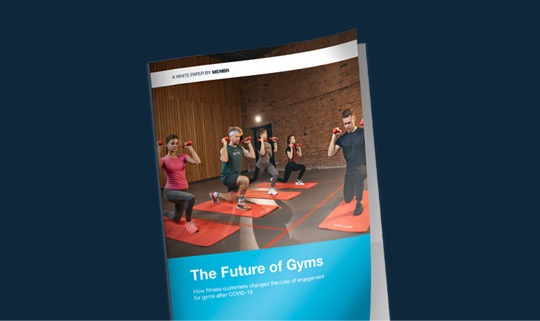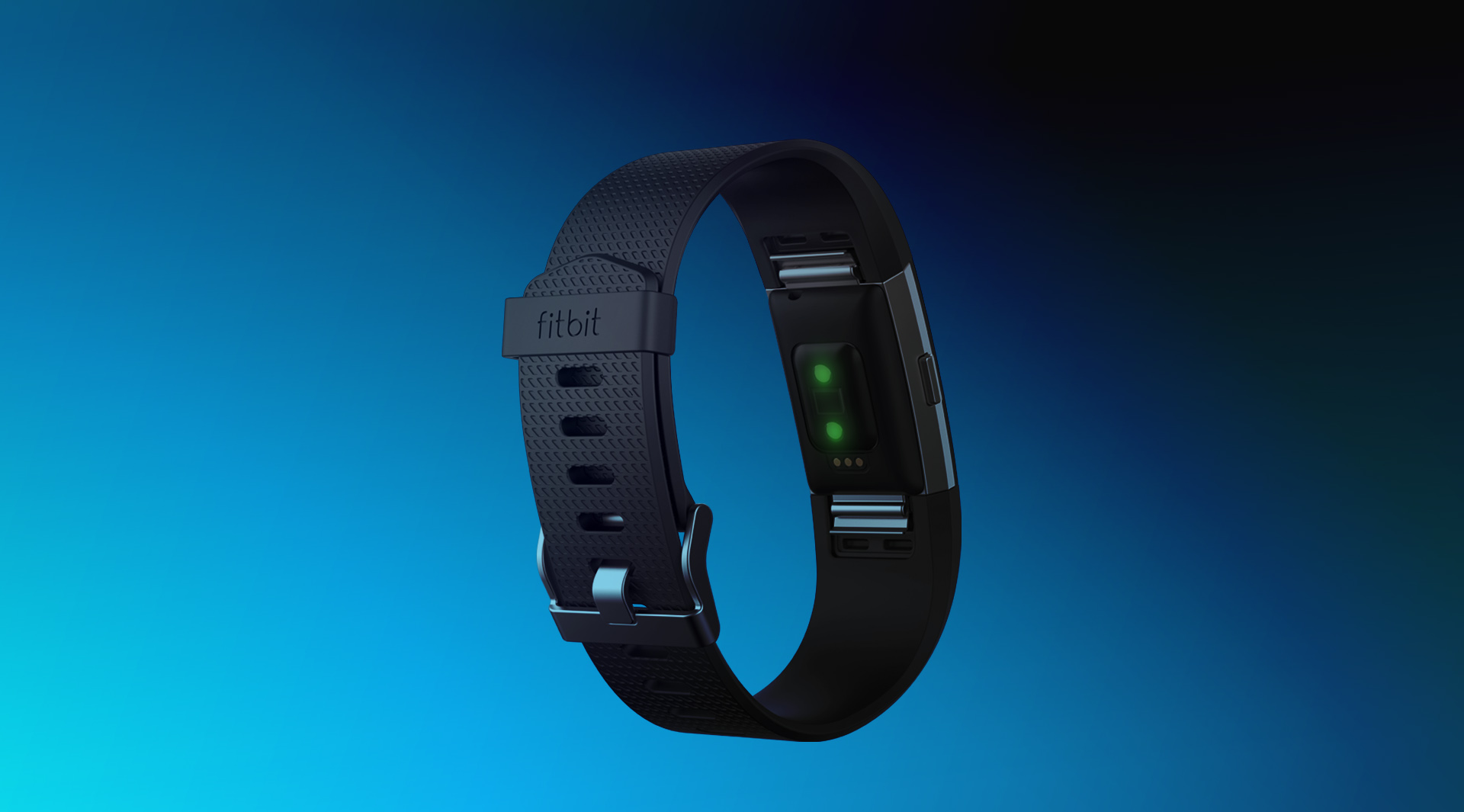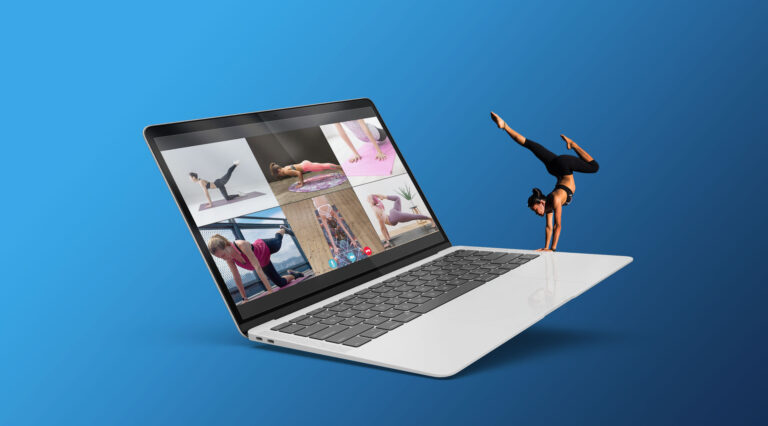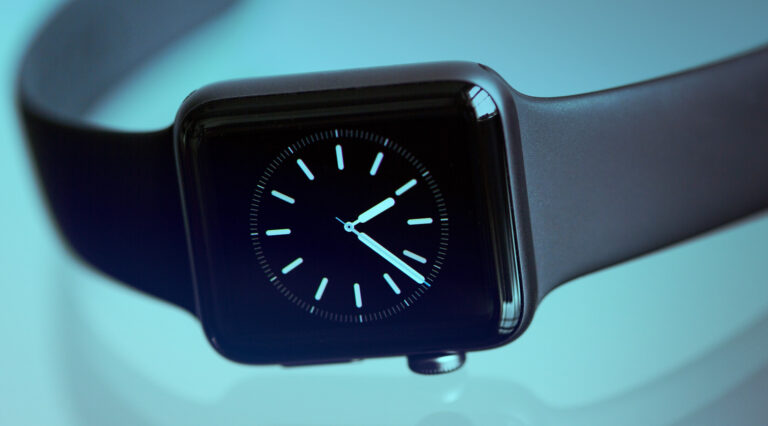One of the mainstream wearables in the market is the Fitbit. We’re going to take a little look at how the data produced by Fitbits can help scientists with their health and fitness research. Fitbit is an American company known for its products of the same name, which are activity trackers. They are wireless-enabled wearable technology devices that measure data such as the number of steps walked, heart rate, quality of sleep, steps climbed, and other personal metrics. The volume of data they capture is unquantifiable and takes us in to an age where wearable technology is out moving the steps we can monitor!
There are now ambitions from the companies CEO to take this wearable devise to a whole new level. Fitbits already help a substantial number of users to detect health issues before they escalate, such as measuring heart rhythm, which has proved a life saving feature of the device. Detecting irregularities in heart rate, as well as storing heart rate data over a period of time, has been key to identifying heart conditions in its users.
Venturing further in to the world of medical and health care is clearly the way forwards for Fitbit. Previous medical studies have taken a long time to conduct, in part due to the number of subjects required in such studies. However, utilising Fitbit means that the wearers are the subjects, so providing data that may have otherwise taken weeks, months and even years to compile. In order to take this next step in to the health care market, Fitbit needs to continue to grow the value of its shares on the open market and continue supporting developers through on-going research. Closely on their heels though are ‘Apple Watch’ and ‘researchkit’. Both are looking to develop in to a tool that may also be used in health and fitness medical research.
Stephen Friend, of the company behind the mPower Parkinson’s Disease study, said the data collected via ResearchKit poured in “multiple times a day as opposed to monthly or yearly,” which made it particularly useful to study.
It appears that Fitbit, together with the Apple Watch and ResearchKit, are racing to outshine one another in the medical sector. Which ever way we look at it, if it helps to save lives or assists with medical advances in any way then I say, let battle commence for the good of us all!
